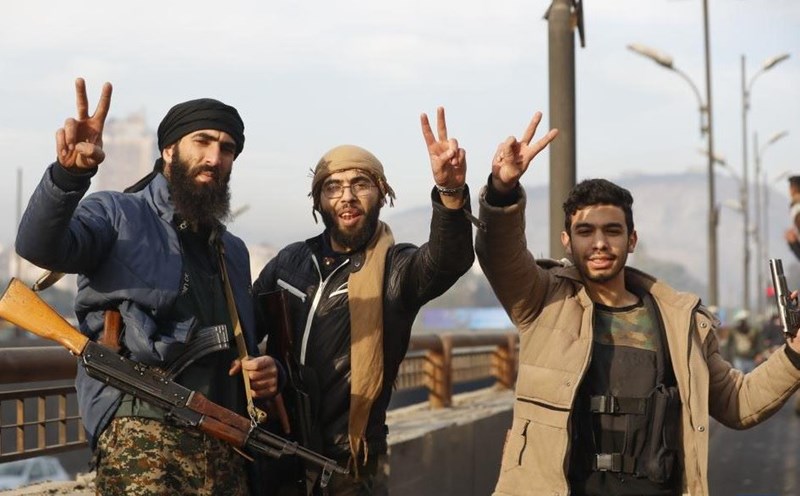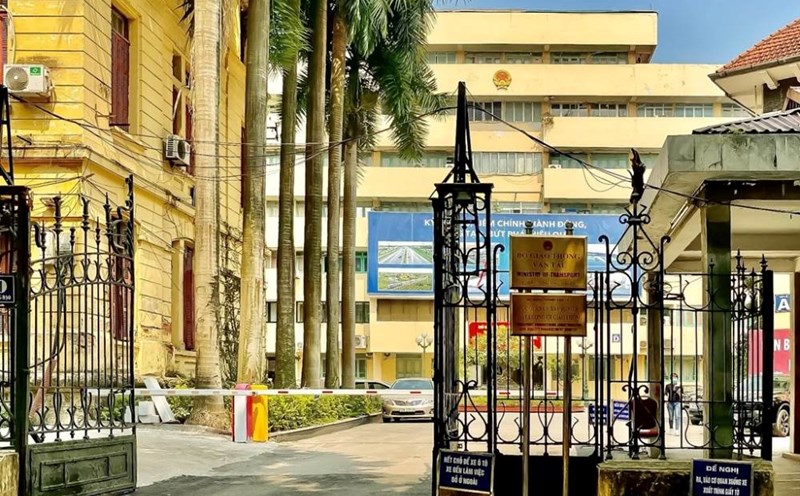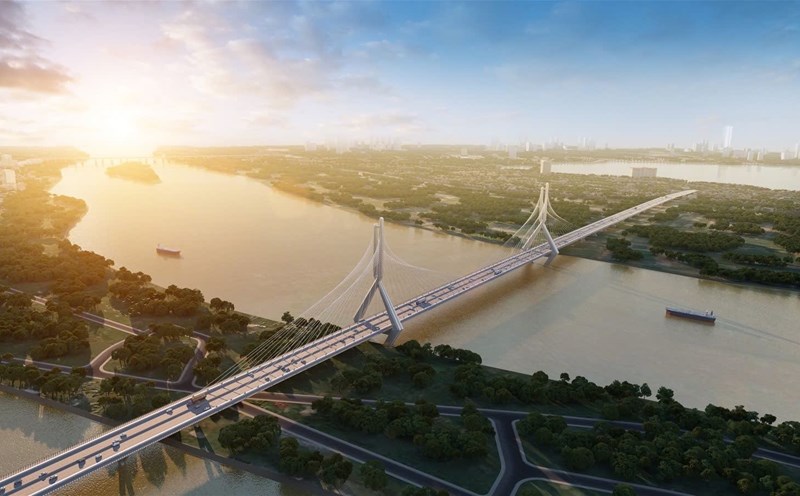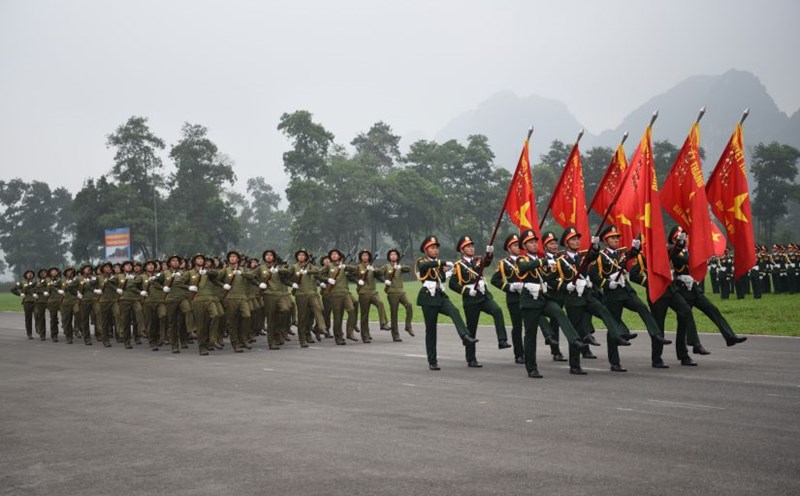RT reported on December 12 that MP Dmitry Kuznetsov, a member of the Russian Parliament's foreign relations committee, said that Mr. Assad could participate in the reconstruction of Russian cities affected by the conflict with Ukraine, and could potentially be granted Russian citizenship.
According to the Kremlin, Mr. Assad and his family have been granted asylum in Russia. Previously, he was said to have arrived safely in Russia, according to information from Russian Deputy Foreign Minister Sergei Ryabkov on December 10.
Mr Kuznetsov suggested that Mr Assad’s family could help restore the Donbass region and live in one of the new homes in Mariupol – a port city in the Donetsk People’s Republic that will be controlled by Russia from 2022.
Mr Assad, who ruled Syria for 25 years, was ousted in early December when the opposition, led by Hayat Tahrir al-Sham (HTS), took control of the capital Damascus. He has not appeared in public or made any statements about his future plans since.
Russian officials say Mr Assad deserves citizenship because of his services to Russia, and that it demonstrates Moscow’s commitment to not abandoning its allies in difficult times.
Russia supported the Assad regime in the Syrian civil war in 2015 against opposition forces and the Islamic State (IS) terrorist group. However, the fall of the Assad regime has left the fate of Russian military bases in Syria uncertain as a series of warships and aircraft show signs of withdrawal.
However, the Russian military may not face the risk of losing its base here because HTS has declared that it will ensure the security of Russian military bases and Russian diplomatic facilities in Syria.
However, Edward Lucas, a senior fellow at the Center for European Policy Analysis, said that the Assad regime has collapsed, so maintaining a military presence in Syria may no longer be in the hands of Russian President Vladimir Putin.
The Russian Foreign Ministry said it was maintaining contact with the new HTS-led government in Damascus and insisted that Russian diplomats and military personnel faced no immediate threat.











